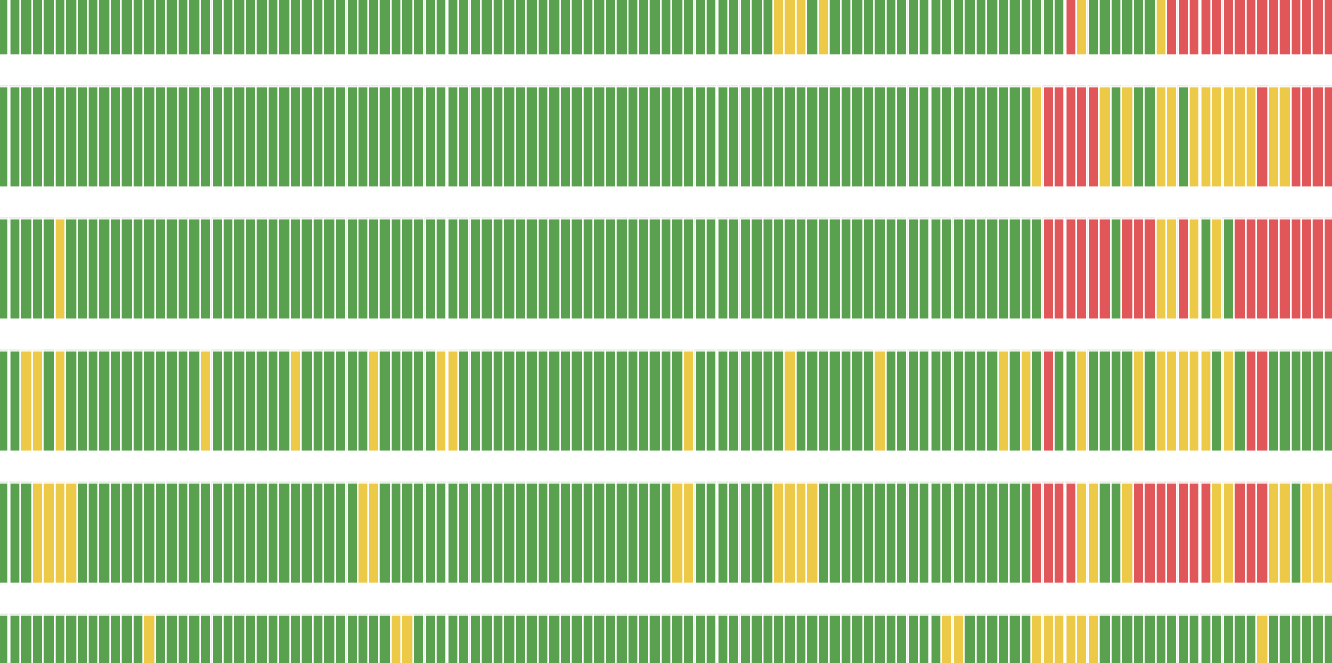Reconstruction and Dynamics
Supply chains underpin much of the functioning of the economy, including critical sectors such as food, medicine, defense, and engineering. Increased complexity, the adoption of lean management principles, and interdependence have resulted in increased vulnerability to disruptions that often spread through global networks, halting the flow of materials and services. Supply chain risk has been identified as a top business risk factor in a variety of industrial sectors and has been prioritized by numerous governments. The climate crisis and increased geopolitical instability are expected to exacerbate the challenges faced by supply networks.
To tackle these challenges, we need a better understanding of supply networks at the firm and product levels. This will require better maps of the global supply networks and new modeling approaches to analyze them. In the 4th Interdisciplinary Workshop on Firm-Level Supply Networks, we bring together leading experts and early career researchers in economics, complex systems, and supply chain management, to discuss recent advances in the analysis of granular supply network data.
We will devote the first day of the workshop to specific real-world applications of firm-level supply networks, including sessions on CO2 accounting, human rights, the dynamic evolution of supply networks, and international trade. The second day of the workshop will be devoted to mapping supply networks, discussing state-of-the-art reconstruction methods (e.g., maximum entropy, machine learning) and data sources (e.g., payment data).
24 - 25 June 2024
9:00 am - 6:00 pm
Workshop
Complexity Science Hub - Room E02
Complexity Science Hub Vienna, Josefstaedter Straße 39, 1090 Vienna, Austria
Contact
events@csh.ac.at
info@ascii.ac.at
Speakers
Complexity Science Hub
INET, University of Oxford
Complexity Science Hub
Organizers
Supply Chain Artificial Intelligence Lab, University of Cambridge
Complexity Science Hub
INET, University of Oxford
Complexity Science Hub
Complexity Science Hub, ASCII
Complexity Science Hub



